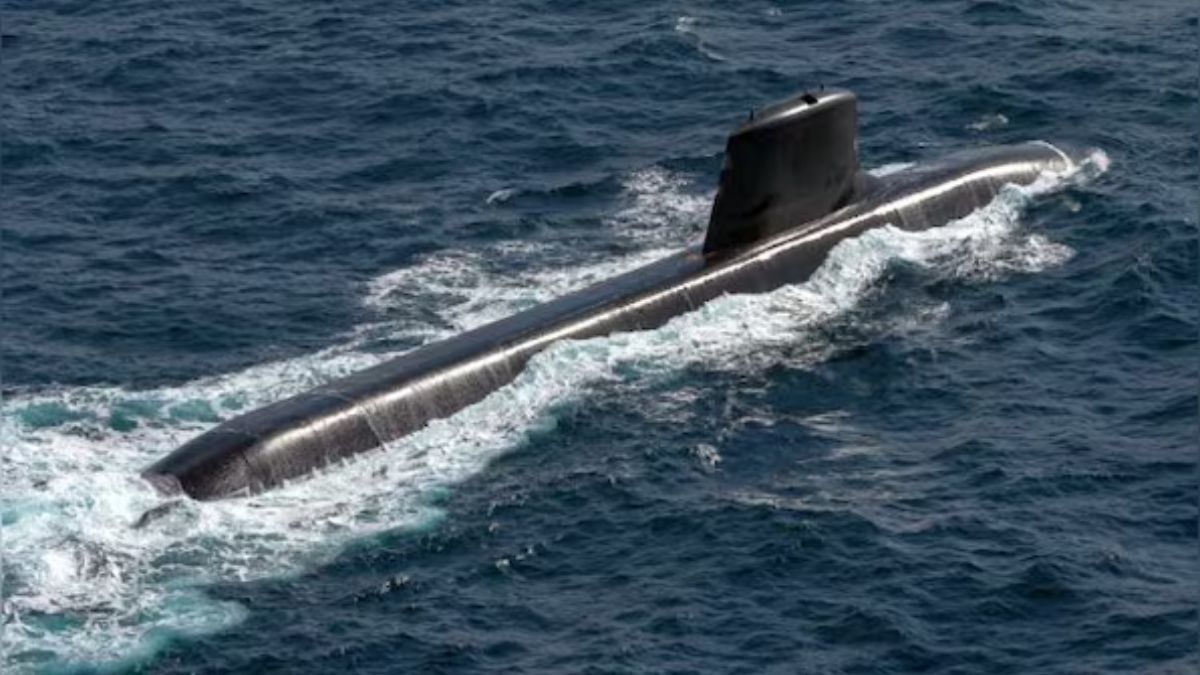China condemned the Western powers in the AUKUS security pact, accusing them of sowing discord and increasing the risk of nuclear proliferation in the South Pacific.
During a visit to Papua New Guinea, foreign minister Wang Yi lashed out at AUKUS, which involves the United States and Britain providing Australia with nuclear-powered submarines armed with conventional weapons. Wang Yi said that the trilateral agreement contradicts a South Pacific treaty prohibiting nuclear weapons in the region.
He also warned of significant nuclear proliferation dangers associated with AUKUS. China has been actively attempting to reduce US and Australian influence in the South Pacific, including in Papua New Guinea in recent years.
The Pacific Islands, while small in population, are replete with natural resources and sit at a geostrategic crossroads that could prove strategically vital in any military dispute over Taiwan. Australia is by far Papua New Guinea’s largest donor, but Chinese firms have made solid inroads into markets in the impoverished but resource-rich nation.
The Chinese foreign minister seized on a recent announcement by the AUKUS nations that they are considering cooperating with Japan on military technology.Under the AUKUS agreement, the partners plan to develop advanced warfighting capabilities such as artificial intelligence, undersea drones and hypersonic missiles.
Impact Shorts
More Shorts“The recent attempts to draw more countries to join in such an initiative of stoking confrontation between blocs and provoking division are totally inconsistent with the urgent needs of the island countries,” the foreign minister said.Wang took a thinly veiled swipe at Australian and US relations with Solomon Islands, which held elections on Wednesday.
“We believe that the people of Solomon Islands have the wisdom and ability to determine the future of their country. Island nations belong to their people,” Wang said.“They are not the backyard of any big country,” Wang said – an allusion to historic perceptions that Australia considered the South Pacific to be its backyard.State-backed Chinese news outlets have pushed reports that the United States might orchestrate riots to block Sogavare from returning to power.
Earlier this month, President Joe Biden said that U.S. defense commitment to Pacific allies was “ironclad” as he gathered Philippine President Ferdinand Marcos Jr. and Japanese Prime Minister Fumio Kishida at the White House in the midst of growing concern about provocative Chinese military action in the Indo-Pacific.
The U.S. and the Philippines have had a mutual treaty in place for more than 70 years. Biden’s forceful reinforcement of the American commitment comes in the midst of persistent skirmishes between the Philippine and Chinese coast guards in the disputed South China Sea.
Chinese officials have bristled at criticism over their action in the South China Sea and blamed the U.S. for exacerbating tensions.
US Ambassador to the Solomons Ann Marie Yastischock has said such rumours are “blatantly misleading”.Papua New Guinea’s foreign minister welcomed the Chinese minister, saying they had “reached some understanding” in their talks.
“PNG values China as an important bilateral partner,” he said.Wang is scheduled to have breakfast with Papua New Guinea Prime Minister James Marape on Sunday, wrapping up a three-nation tour of Indonesia, Cambodia and Papua New Guinea that began April 18.
With inputs from agencies.
)